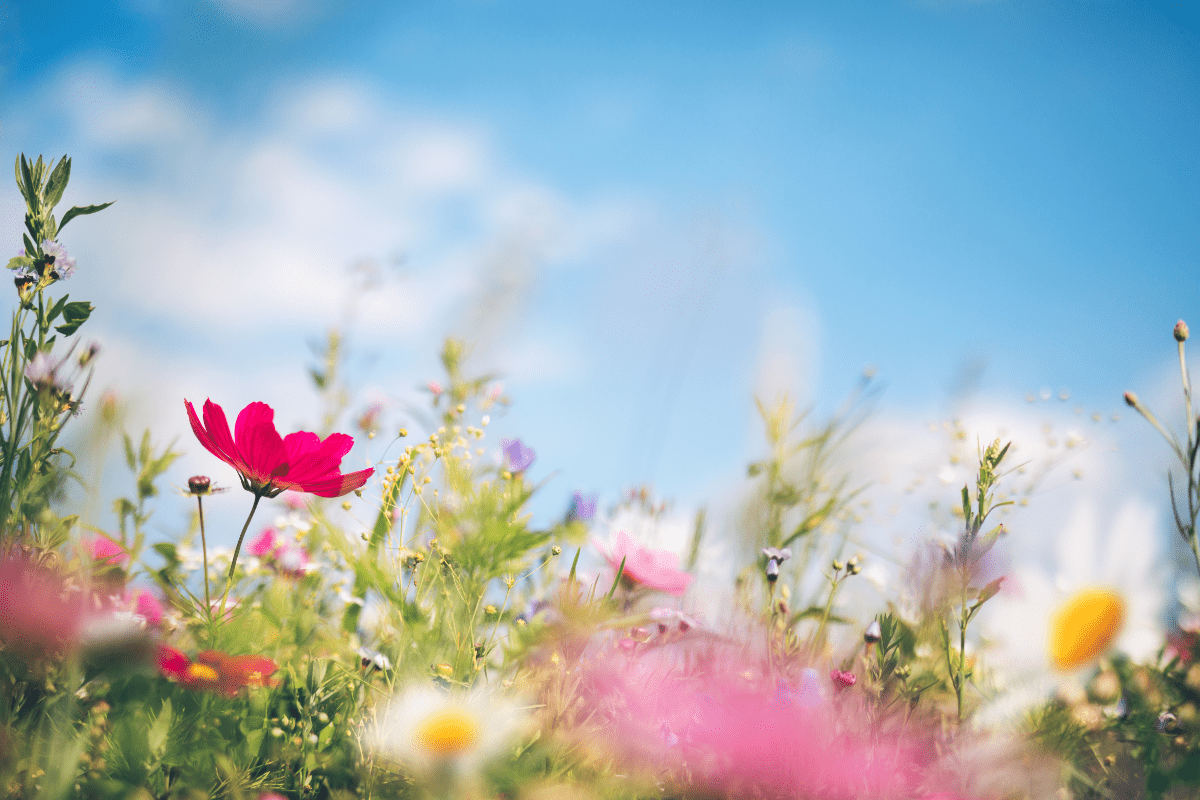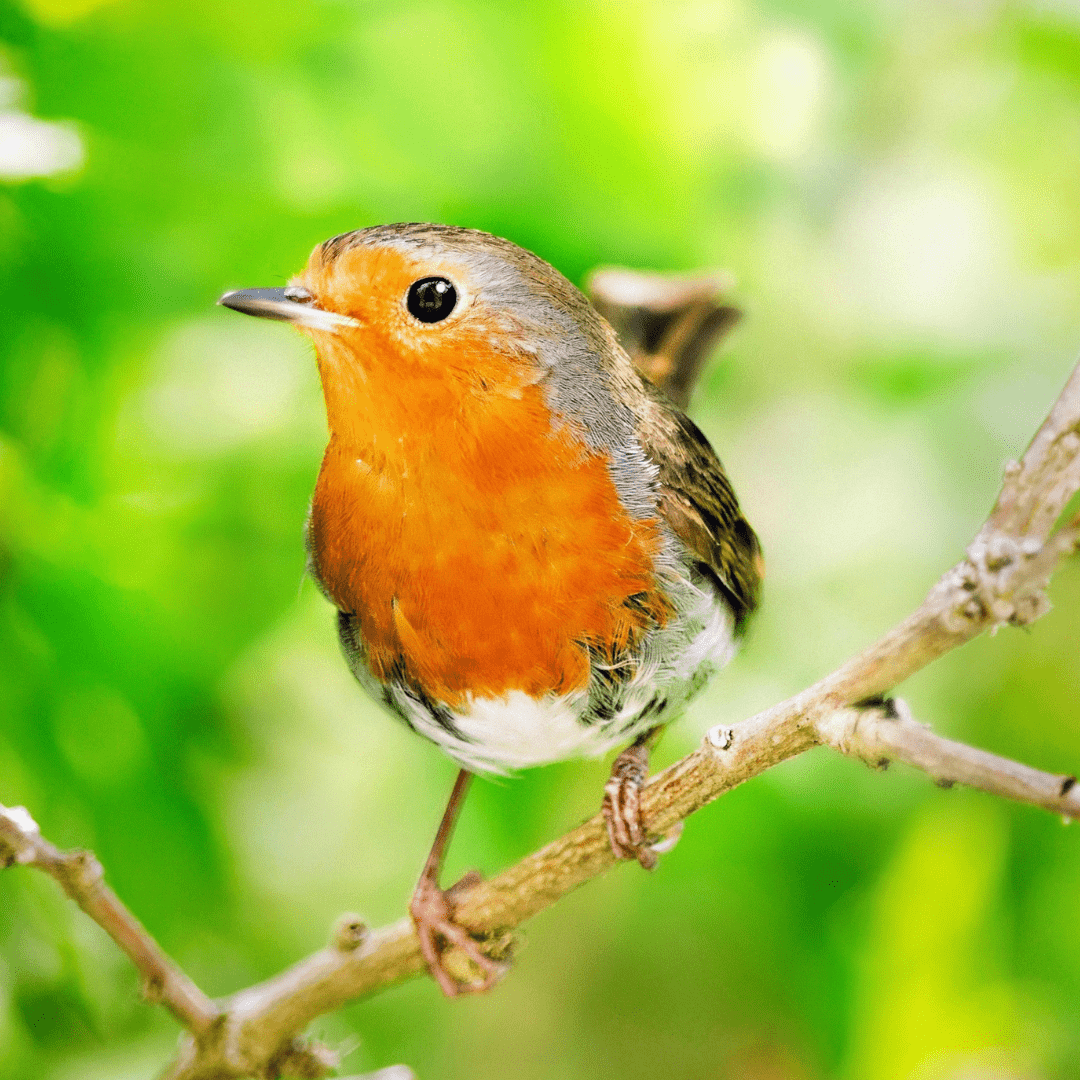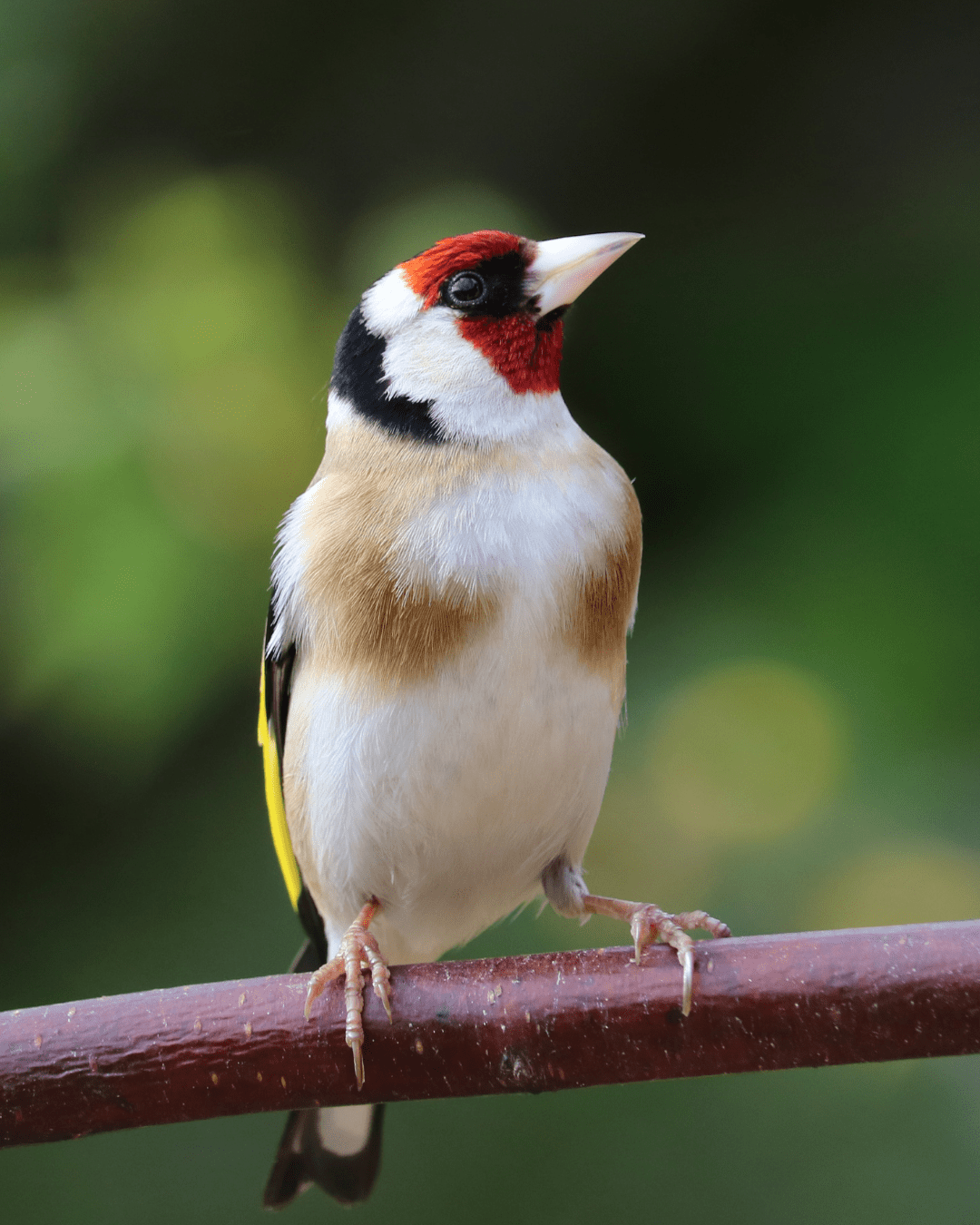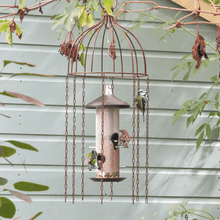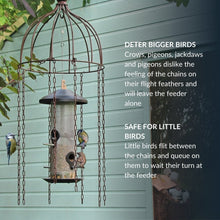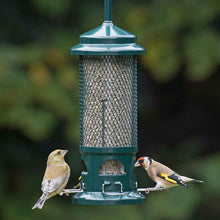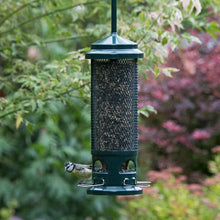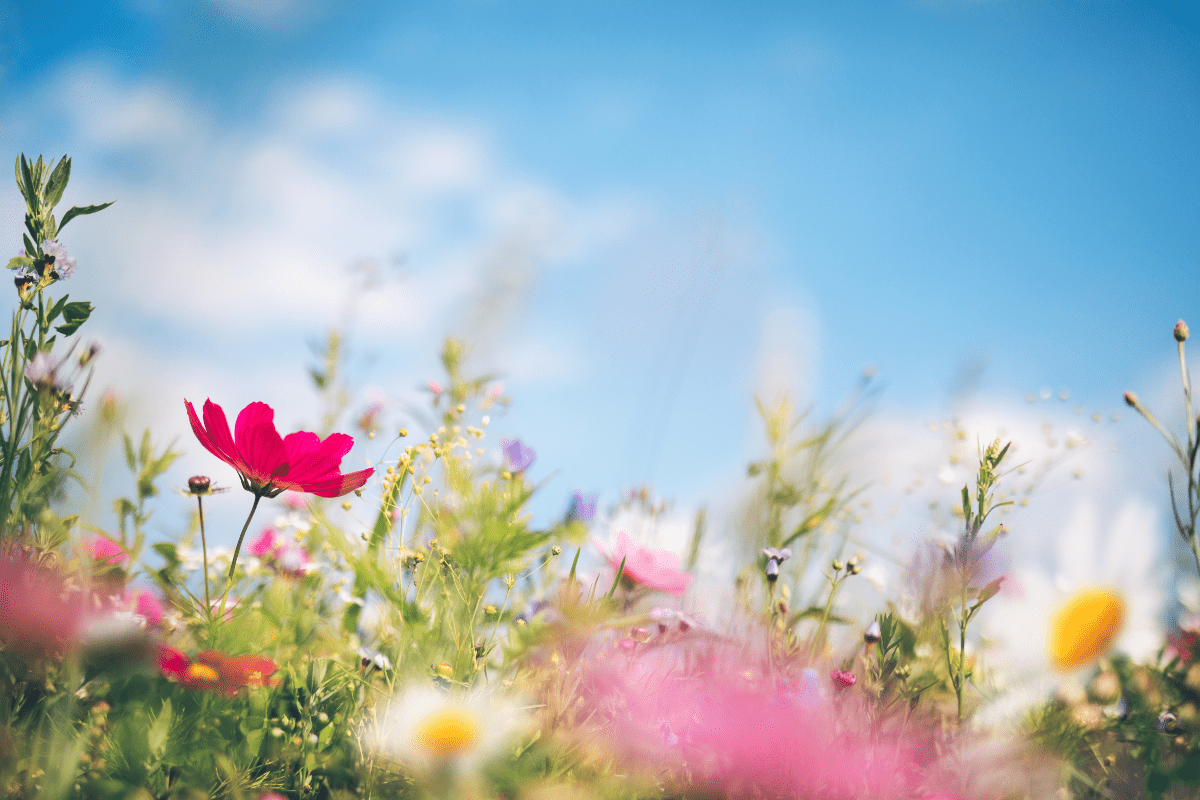Put the kettle on for International Dawn Chorus Day
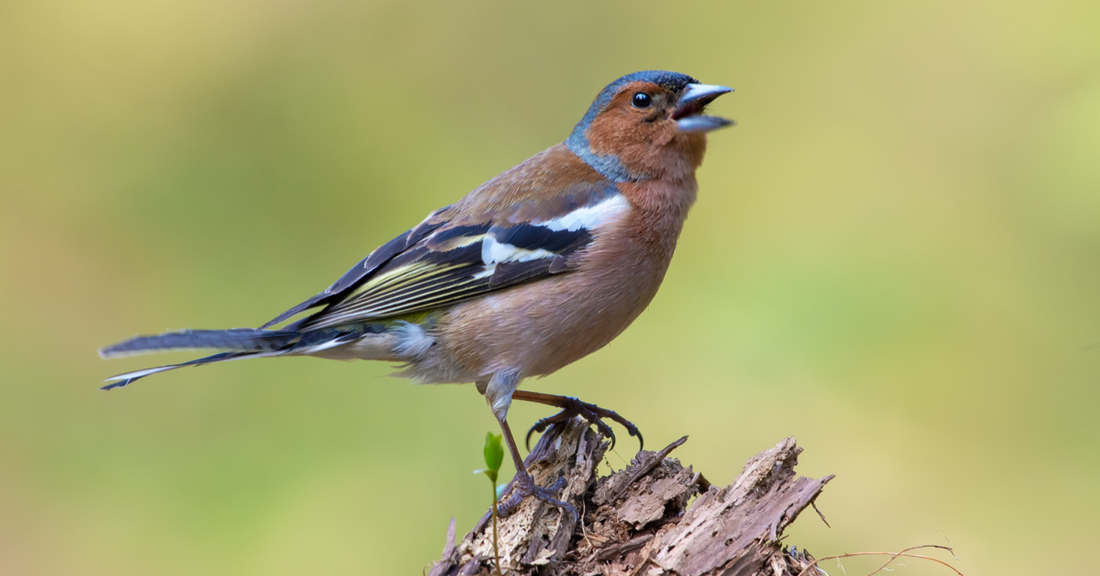
In early May, we celebrate International Dawn Chorus Day, when the beautiful sound of early morning birdsong reaches its peak. There are few things as beautiful to listen to as birdsong, and this is one musical performance you don’t need to dress up (or even leave your house) for. Whether you enjoy International Dawn Chorus Day from the comfort of your own home or head to a local nature reserve to listen with others, it is a brilliant way to connect with wildlife and enjoy the promise of a spring morning. International Dawn Chorus Day has its roots in Birmingham. The celebration started in the 1980s and is now a global phenomenon, celebrated in over eighty countries. You don’t have to live in the wilderness to connect with wildlife during International Dawn Chorus Day - there will be plenty to hear in towns and cities too, so set an alarm, get the kettle on and bring in the birds this May!
Why do birds sing?
Male songbirds sing either to establish and protect a territory or to attract a mate (although birds also have a repertoire of warning and contact calls too). Each species has its own unique song - even when two birds look almost identical to the eye, they can be distinguished by the ear. A bird’s territory is more than his home - it’s everything to him. Without territory, there will be no mate, and without a mate he won’t breed, so birdsong is a bird’s important first line of defence to ensure he gives his species the best chance of survival.
Why do birds sing at dawn?
There are a few theories. At dawn it is cool and the air is still, which is thought to allow the birds’ song to travel further than during the day. Another theory is that birds will be naturally woken at dawn, but it won’t yet be light enough to search for food, and insects won’t be awake yet, so there isn’t much else to do other than sing. There are also predators to consider - if you’re going to draw attention to yourself by singing loudly, it’s probably best to do so before other animals are awake. Birds might also start singing early as a way to advertise their strength as a potential suitor - singing takes a lot of energy and only the strongest and best-fed bird can sing loudly before he’s even had breakfast!
Which birds can I hear?
Birds reliably start singing in a sequence, coming in like instruments in the orchestra. The first birds you’ll hear in the UK are generally robins (who are the last to stop singing at night too) joined by blackbirds, wrens, chaffinches, pheasants, warblers, blackcaps, song thrushes, dunnocks and goldfinches. Different habitats will bring different species - you might also hear house sparrows, wood pigeons and gulls in urban areas, reed buntings and bitterns in wetlands and skylarks and redshanks in moorlands.
What makes a good song?
Birdsong carries best when sung from the tops of trees, and this is also a great way for male birds to show their strength - when they sing from an exposed area they show they aren’t afraid of predators. A bird might mimic the song of another species to show how well-travelled he is and how many breeding seasons he has survived. Great tits and chaffinches have a wide repertoire of songs and scientists have found that the more different varieties of song a bird has in his repertoire, the more likely a female is to want to pair up - a varied repertoire indicates a stronger bird.
How can I learn to identify birds?
The best birdsong book I can recommend is Birdwatching With Your Eyes Closed by Simon Barnes. It’s packed with information but written in such a chatty style that reading it feels easy. He introduces the birds one by one and there’s an accompanying podcast which allows you to put a song to the name and description. I also love Birdsong Lessons with Lucy Lapwing on YouTube - Lucy makes great suggestions to help you remember which song belongs to which bird. Read more about learning to identify your garden birds in our blog.
To enjoy International Dawn Chorus Day, aim to get up around an hour before sunrise - by 6.30am it will already have died down, so get your coffee ready by 5am to hear the birds in their full glory.


